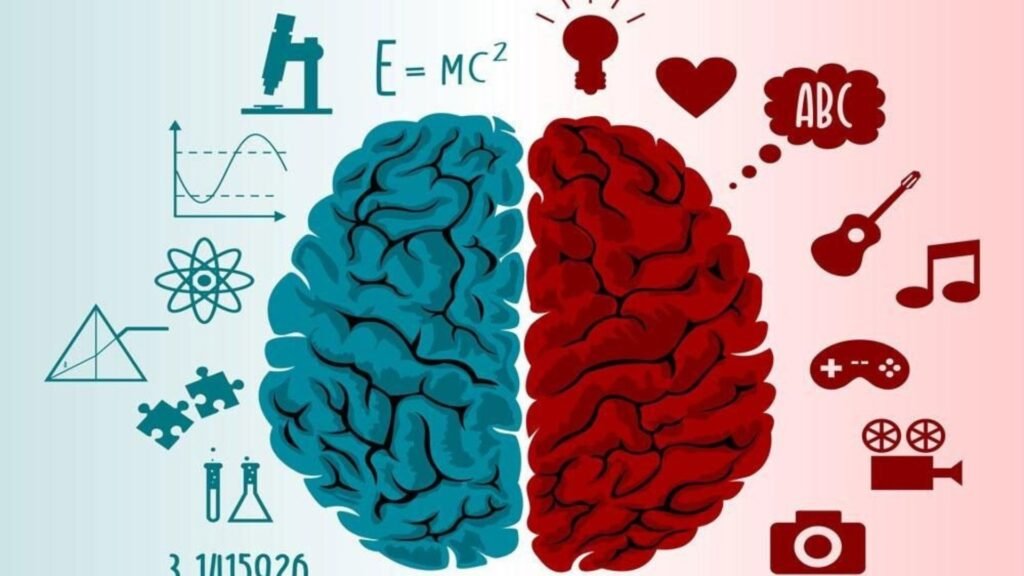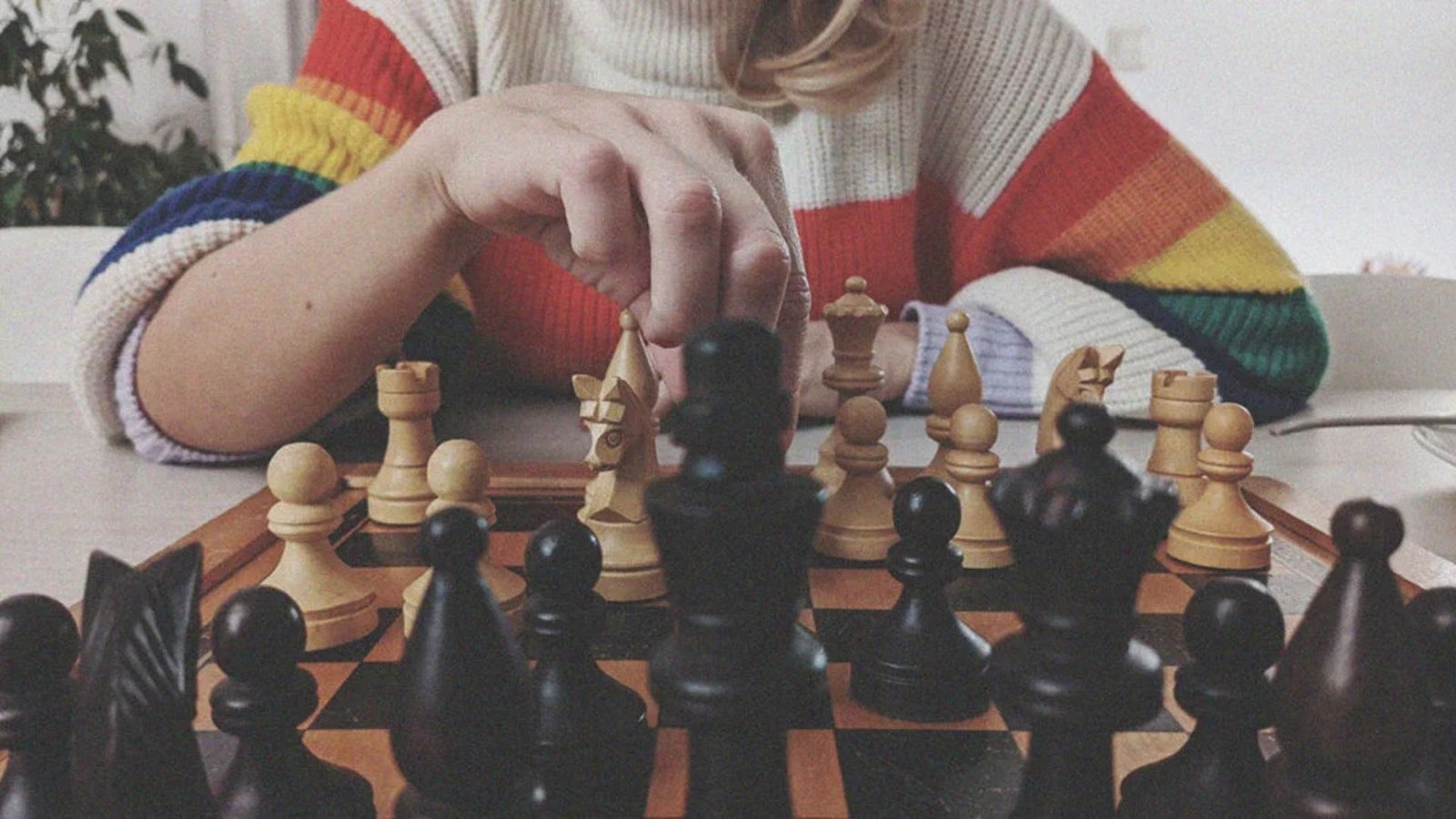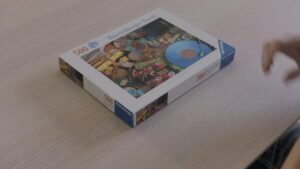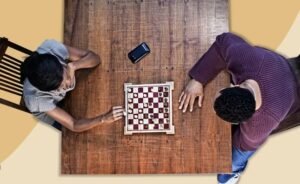Puzzles are not only fun and engaging but also an excellent way to enhance your brain’s performance. Whether you’re working on a jigsaw puzzle, crossword, sudoku, or logic puzzles, these activities offer far more than just entertainment—they actively stimulate your brain, improving memory, cognitive function, and overall mental health. The growing body of research supports the idea that regularly engaging in puzzle-solving can have long-lasting benefits on brain health, including sharper memory, better problem-solving skills, and increased mental agility. In this article, we’ll explore how puzzles contribute to brain health and improve memory and cognitive function.

The Science Behind Puzzle-Solving and Brain Health
When you engage in puzzle-solving, your brain works hard to process and retain information. Solving puzzles involves multiple cognitive functions, including reasoning, attention, and memory. Here’s how puzzle-solving activates and benefits your brain:
a. Neuroplasticity and Puzzle Solving
Neuroplasticity refers to the brain’s ability to reorganize itself by forming new neural connections throughout life. Engaging in mentally stimulating activities like puzzles encourages the growth of new brain cells and strengthens existing ones. Regularly challenging your brain with puzzles helps to preserve brain function and may reduce the risk of cognitive decline as you age.
b. Cognitive Flexibility
Cognitive flexibility is the ability to adapt your thinking in response to new, changing, or unexpected events. Puzzles, particularly complex ones, encourage you to think critically, make connections, and adapt strategies. This helps improve your cognitive flexibility, which is an essential skill for navigating everyday tasks and decision-making.
Memory Enhancement Through Puzzle Solving
Memory is one of the most directly impacted cognitive functions when engaging in puzzles. Here’s how puzzles help improve both short-term and long-term memory:
a. Short-Term Memory and Focus
When solving puzzles, you’re required to keep track of multiple pieces of information at once. For example, remembering which pieces fit together in a jigsaw puzzle or recalling clues for a crossword requires you to use short-term memory. Over time, this strengthens your ability to focus and retain smaller chunks of information.
b. Long-Term Memory and Retention
Puzzles that involve recognizing patterns, associating pieces, or learning new strategies can enhance long-term memory. By continually challenging your brain, you improve its ability to retain new information. This is particularly important for older adults who wish to maintain their cognitive health and prevent age-related memory decline.
c. Visual and Spatial Memory
Jigsaw puzzles, in particular, are excellent for improving visual memory and spatial reasoning. You need to remember the shapes, colors, and patterns of pieces, as well as their relationship to one another within the larger picture. These skills enhance your brain’s ability to recall visual details and navigate spaces effectively.
Improved Problem-Solving Skills
Puzzle-solving isn’t just about fitting pieces together—it’s also about finding solutions to challenges, which is a key aspect of cognitive function. Here’s how puzzles help with problem-solving:
a. Critical Thinking and Strategy
Puzzles require you to think critically and employ problem-solving strategies. Whether it’s deciding how to approach a difficult puzzle or recognizing patterns to fill in the gaps, puzzle-solving involves making decisions and planning ahead. This kind of thinking strengthens the prefrontal cortex, which is responsible for reasoning and decision-making.
b. Enhancing Logical Thinking
Many puzzles, such as sudoku or logic grid puzzles, focus on pattern recognition, logic, and sequencing. These puzzles help your brain develop a more methodical approach to problem-solving, improving your logical thinking and mental organization.
c. Improving Decision-Making
Puzzles often involve making choices about the next best step, which requires evaluating options and considering the consequences of each decision. By regularly practicing this kind of mental exercise, you improve your decision-making abilities and your ability to evaluate situations more effectively in real life.
Conclusion
Puzzles are a simple yet powerful tool for improving memory and cognitive function. Whether you’re solving jigsaw puzzles, crosswords, or logic puzzles, you’re actively engaging your brain, enhancing memory, boosting attention, sharpening problem-solving skills, and maintaining mental agility. These cognitive benefits are particularly important as we age, helping to prevent cognitive decline and improve overall brain health. So, the next time you sit down to solve a puzzle, know that you’re not just having fun—you’re also giving your brain a workout that can help keep your memory and cognitive function sharp for years to come.



